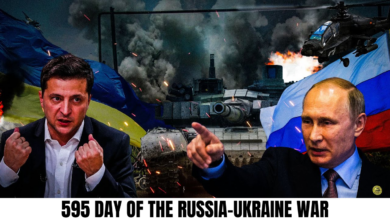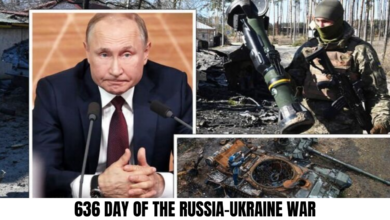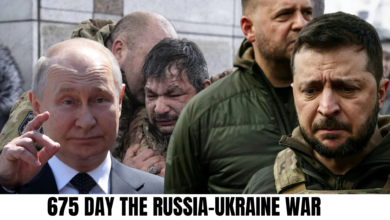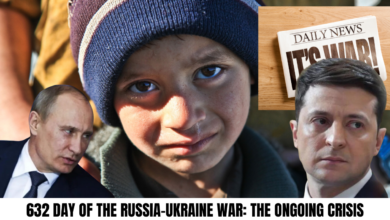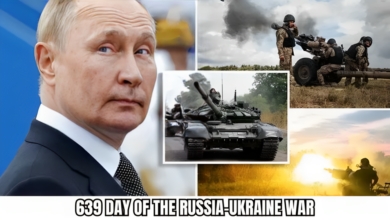Ukraine Boosts Military Recruitment Efforts Amidst Conflict with Russia For 2024
A recently proposed bill reduces the age requirement for military service, raises penalties for evading the draft, and mandates that citizens residing abroad maintain current military documentation.

Ukraine is gearing up to enhance its military recruitment efforts amid the ongoing conflict with Russia. The Rada legislature is presently reviewing a proposal from President Volodymyr Zelenskiy’s administration, seeking to lower the military service age from 27 to 25, enforce stricter penalties for draft evasion, and mandate Ukrainians residing abroad to maintain updated military documents.
As the Russia-Ukraine conflict enters its third year, evolving into a war of attrition, President Zelenskiy has disclosed the call-up of nearly 500,000 new recruits. The proposed expansion of military draft requirements aims to mobilize thousands of men (with women excluded from the mobilization). This has become a contentious issue in the country, with both the government and the army unwilling to shoulder the responsibility alone.
While President Zelenskiy is seeking more munitions and weaponry from Western allies to bolster Ukraine’s air defenses, discussions on the military recruitment bill are underway in the Rada. Ukraine finds itself in a state of division: those in proximity to the frontlines and the rest of the population, where a semblance of normalcy prevails. Many have lost the sense of existential urgency that characterized the war’s initial year, and a significant number of Ukrainians who haven’t enlisted are now reluctant to join the fight.
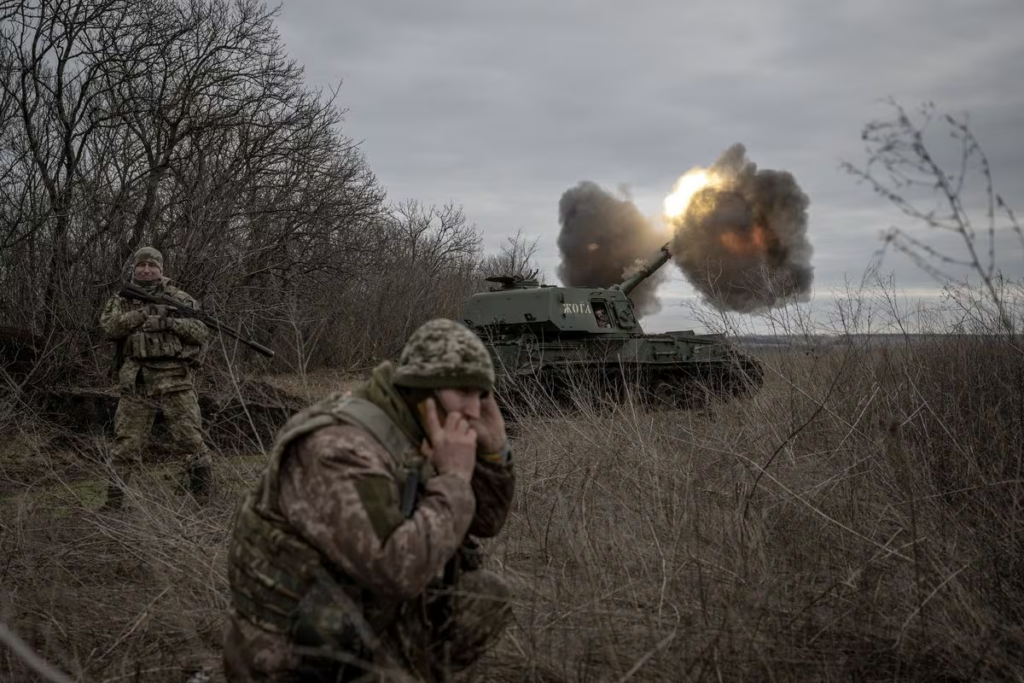
The proposal to intensify mobilization efforts aims to bring a certain equilibrium to Ukraine’s troop strength relative to Russia. With a population of about 143 million, Russia significantly surpasses Ukraine’s 43 million (based on pre-war data). The Kremlin initiated its first widespread mobilization campaign in September 2022, followed by subsequent reserve call-ups. Additionally, Russia can leverage mercenary forces like Wagner, which became part of the Russian Army after the demise of its leader, Yevgeny Prigozhin. Russia has recently removed some illness-related military exemptions and streamlined the path to citizenship for foreigners enlisting in the military.
Tensions Emerge Between Zelenskiy and Armed Forces Chief Regarding Military Recruitment
Amidst the ongoing conflict, a significant number of soldiers find themselves on the front lines without respite for months. Andrei, a soldier stationed at the Kharkov front, acknowledges the fatigue, expressing the need for more personnel across various roles. However, he emphasizes the importance of voluntary recruitment over coercion for effective outcomes. The extended service periods and demobilization processes have triggered protests from the families of long-serving combatants, urging a collective sense of responsibility.
Current legislation lacks a maximum mobilization period during martial law, declared by President Zelenskiy at the war’s outset. Draft-age males are also restricted from leaving the country. The proposed bill introduces a 36-month maximum service period, contingent on factors like no escalation on the battlefield and the availability of sufficient reservists, as highlighted by Zaluzhnyi.
Recruitment efforts face challenges due to recent corruption cases involving military officials accepting bribes to circumvent the draft. The bill addresses this by allowing recruitment notifications through electronic platforms. Presently, notifications are delivered in person or to the last known address, leading to controversies.
Citizens abroad are now required by the bill to provide valid military documents for passport and consular services. Evading conscription may result in up to five years of imprisonment and potential loss of social welfare benefits.
On the international front, the White House reports Russia’s use of short-range ballistic missiles from North Korea in airstrikes against Ukraine. This documented escalation raises concerns, with Moscow and Pyongyang denying any arms agreements. The National Security Council highlights the Kremlin’s plans to acquire missiles from Iran, a supplier of military drones used extensively against Ukraine. The situation underscores the complex geopolitical dynamics influencing the conflict.
READ MORE ……..




